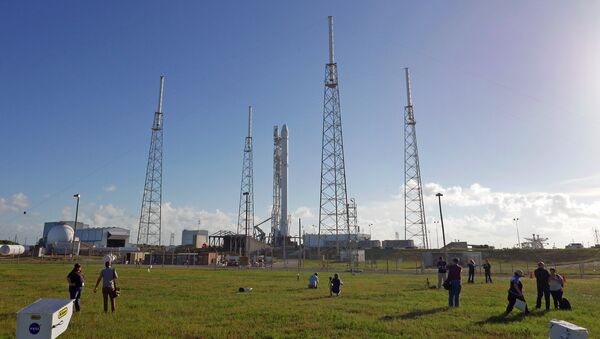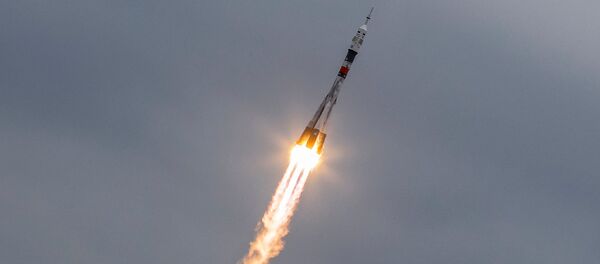SpaceX founder Elon Musk tweeted that everything was fine with the rocket as it arrived on the launch pad, but that "the movement trace of an upper stage engine steering hydraulic piston was slightly odd. Standing down to investigate."
The day before, he had tweeted that the organization was investigating a "very small leak" of helium in the rocket. When asked whether the two problems were related, he said it was unlikely, but not out of the question.
The launch was aborted 13 seconds before takeoff, multiple media outlets reported.
— Elon Musk (@elonmusk) February 18, 2017
The apparent problem was with a steering system in the rocket's upper stage.
Musk later said the launch would likely have been fine, as control systems are in place to overcome steering system position errors, but that it wasn't "worth rolling the dice."
SpaceX mechanical design engineer John Federspiel said on a company webcast that the decision to stand down was made "out of an abundance caution," CBS reported.
There were also last-minute software problems with the rocket's automatic self-destruct system, but those were resolved in the moments before the flight was to take off, according to CBS.
The launch has been rescheduled for Sunday, February 19, at 9:38 a.m. local time. The Falcon 9 will carry a cargo ship loaded with supplies for the International Space Station.
— SpaceX (@SpaceX) February 18, 2017
If it goes ahead on Sunday, the launch will be the first for SpaceX from a launchpad at the Kennedy Space Center once used for NASA's shuttle program. SpaceX signed a 20-year lease on the launchpad in 2014. There has not been a launch from the pad since NASA scuttled its shuttle program in 2011.
SpaceX has not launched a rocket from Florida since a rocket exploded in September while being fueled ahead of a routine, pre-launch test at Cape Canaveral Air Force Station, near the Kennedy Space Center.



